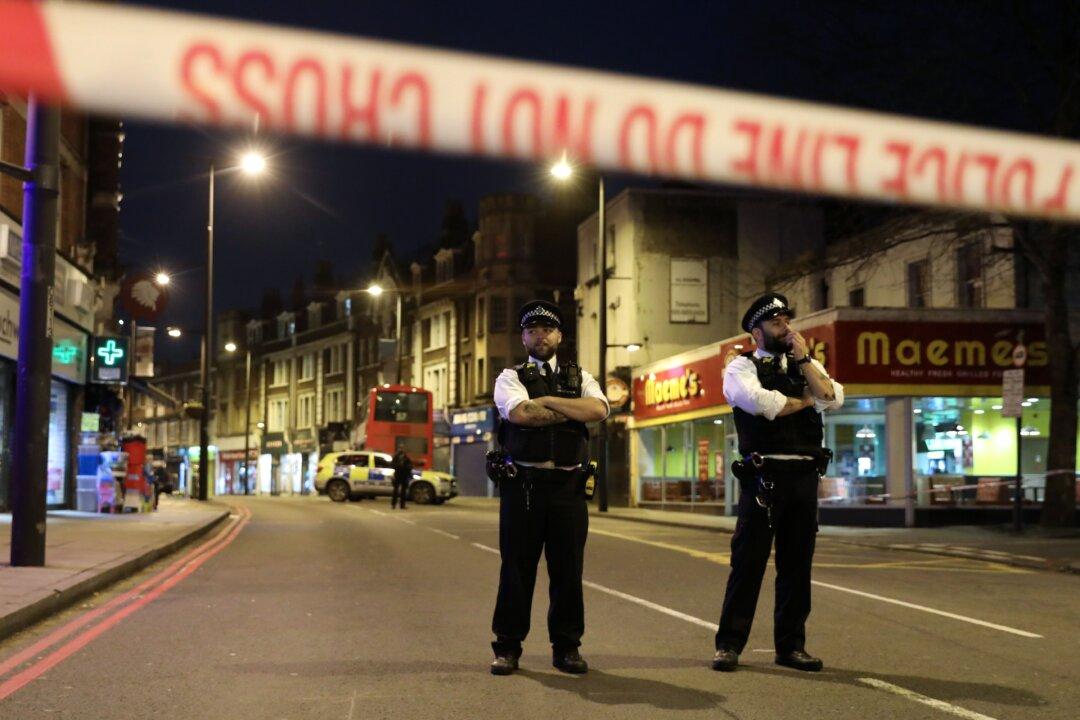The UK government is introducing emergency legislation to prevent convicted terrorists from being automatically released from prison before the end of their sentence, Secretary of State for Justice Robert Buckland announced on Feb. 3.
The Conservative lawmaker said the new legislation is aimed to keep people safe following a terror attack over the weekend in Streatham, South London, that left two people dead and another injured.




